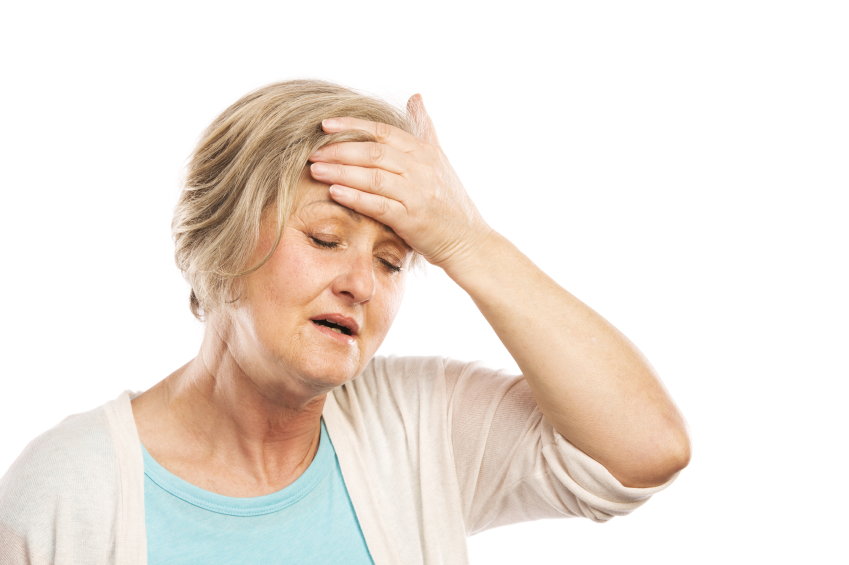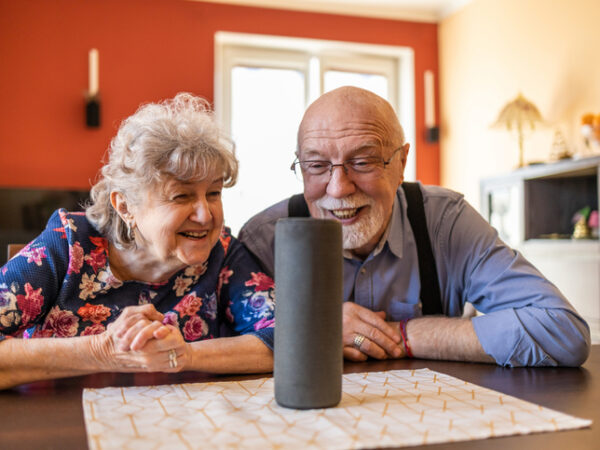Summer nights are heating up and if waking up drenched in sweat sounds familiar, especially for women of a certain age, there are a number of tips and tricks that can help you get a good night’s rest without blowing the budget on air conditioning.
It can be a struggle for couples to find a household temperature that suits both parties perfectly so it makes sense to investigate alternatives for cooling off without freezing out your partner, especially at night.
While a small fan directed at the hottest sleeper can offer some relief, often it’s the pillow that heats up, making it difficult to get comfortable even when you switch to the cool side. Although many people have discovered the benefits of memory foam mattresses and pillows, they can also trap heat in the warm weather. Cooling pillows and mattress toppers have recently flooded the market, claiming to disperse heat and help keep you comfortable at night. It’s worth a try but save the receipt just in case.
You can also try keeping an insulated glass of ice water or an ice pack at the bedside to help cool down when the body temperature begins to soar. Dress for bed in loose, lightweight natural fabrics that breathe, such as cotton or silk, to help regulate heat and invest in the same for bedding.
Try having a cool shower in the evening before bed to stay comfortable throughout the night. Avoid caffeine, alcohol and spicy foods. Exercise, but not right before bed, can also help prevent hot flashes and manage stress, another common trigger of night sweats.
Keep indoor temperature consistent. Don’t wait until the house has heated up to 85 to turn on the air conditioning. Air out the house in the early morning when it’s coolest and then shut windows, turn off lights and close curtains against strong sun to help keep the indoor temperature comfortable.
In addition to being a common symptom of menopause, night sweats may also be a side effect of medication including antidepressants, hormone therapy, and drugs that lower blood sugar. They can also be caused by anxiety, neuropathy (nerve damage), endocarditis, and stroke. Talk with your doctor if symptoms persist in interrupting your sleep or are accompanied by a fever or weight loss. Remember not to take any herbal or over-the-counter supplement without talking with your doctor as they can have serious side effect and drug interactions.






Add Your Voice
0 Comments
Join the Discussion